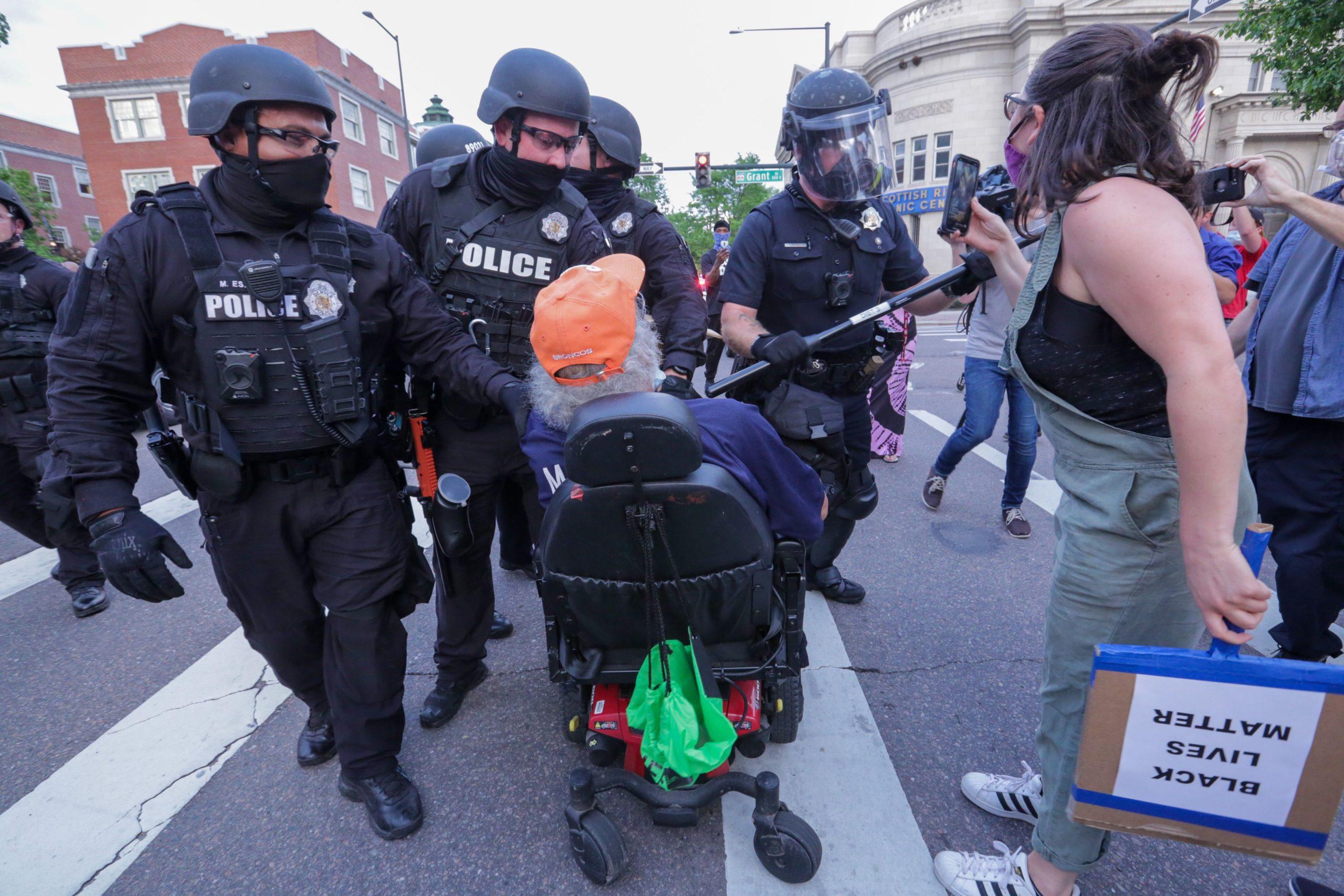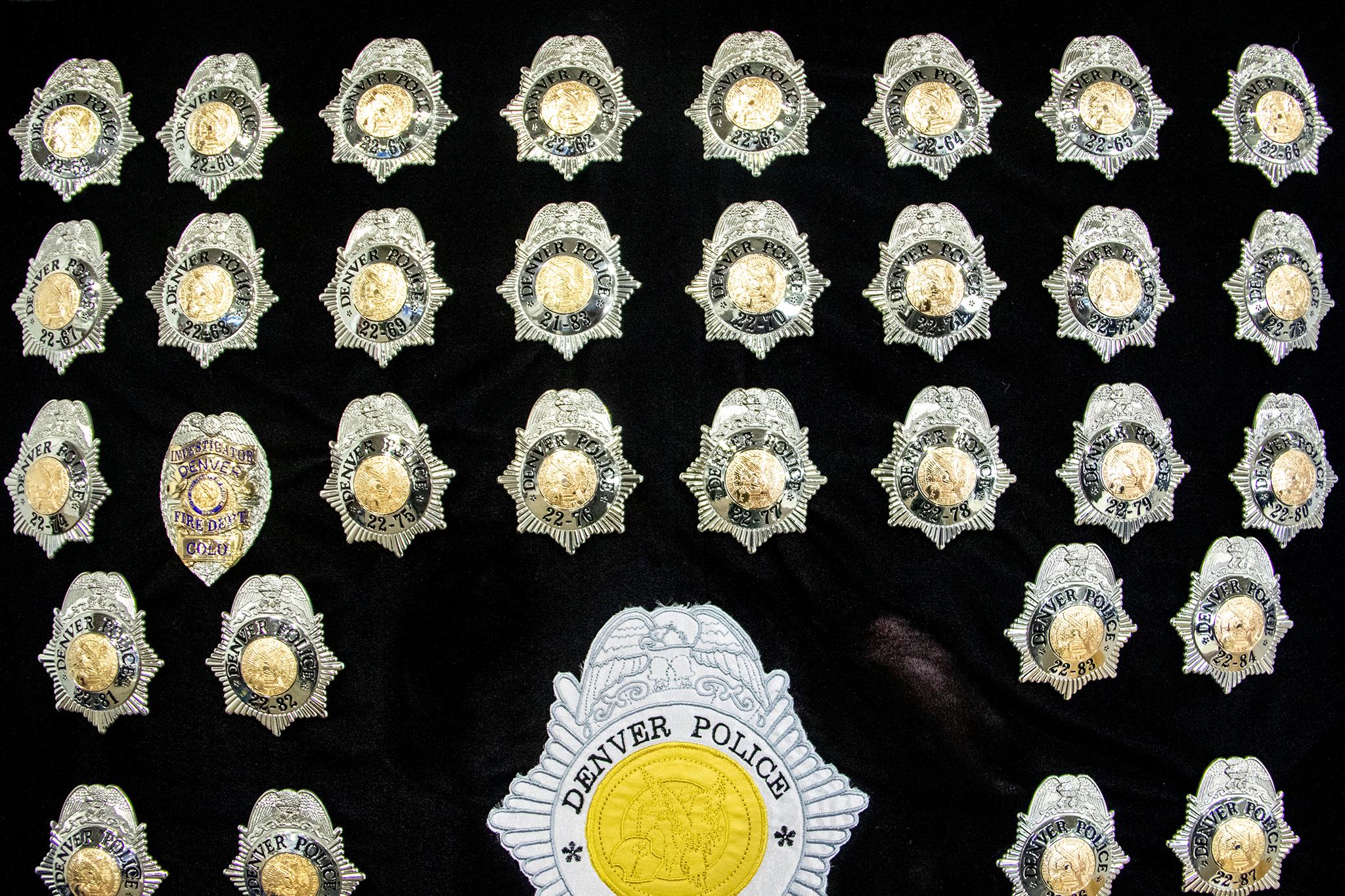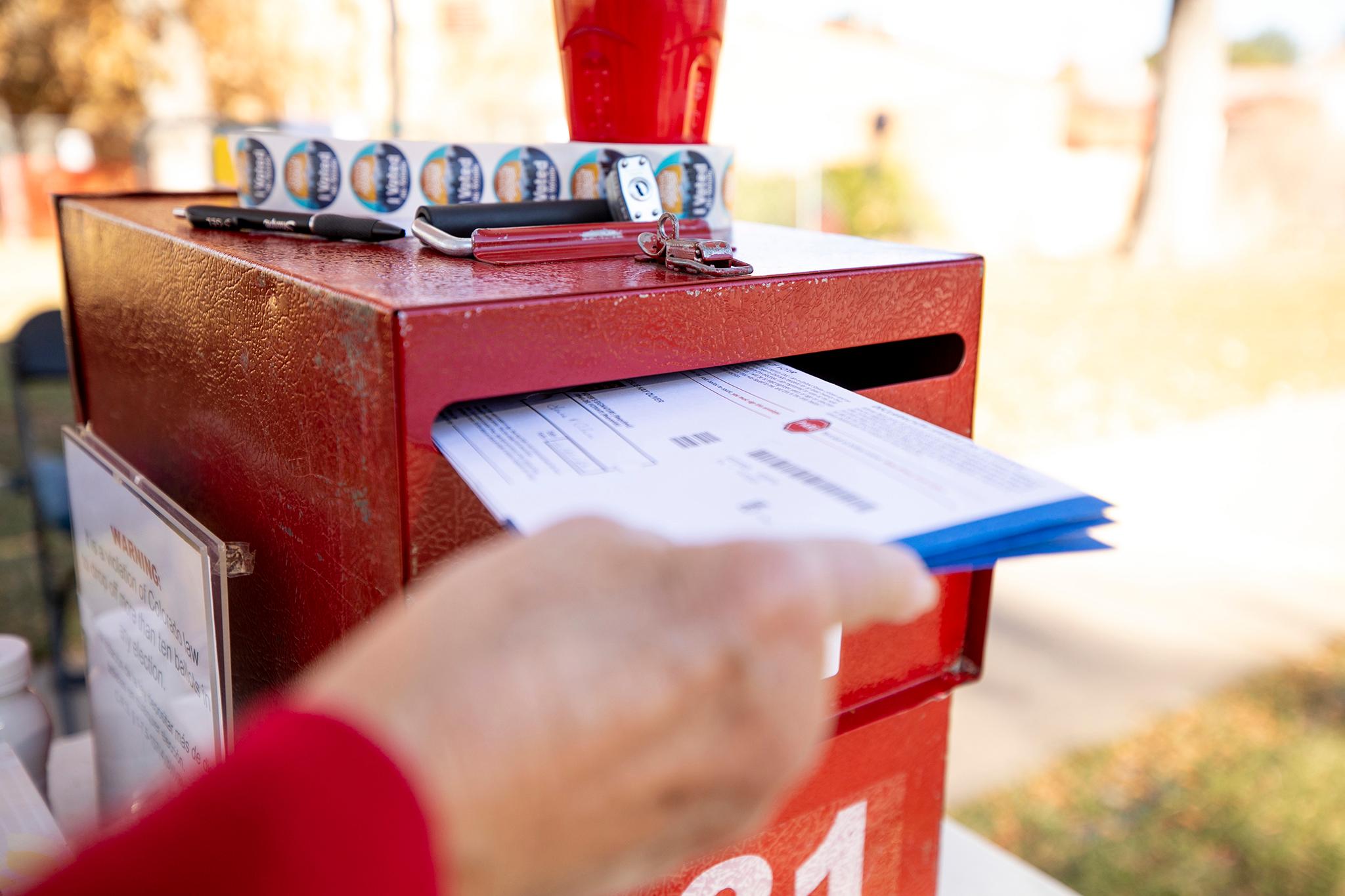Denver has witnessed consecutive nights of protests against racism this week as people took to the streets following the death of George Floyd in police custody in Minneapolis.
National calls for police accountability are playing out locally, including from elected officials who are calling for a probe of how Denver police have deployed its use-of-force tactics during the protests, and others who are introducing a bill that they say would increase accountability.
The Office of the Independent Monitor -- the agency responsible for monitoring complaints against Denver police officers -- has already received at least 150 complaints related to alleged police misconduct at protests over the past week, and one Denver police officer has been fired. The agency's latest report covering complaints, investigations and discipline for police officers and sheriffs deputies in 2019 showed an increase in community complaints against the police department, including at least three notable incidents of excessive force.
Public Safety Director Murphy Robinson said in an interview with Denverite that for the most part, police responding to protests -- which Murphy characterized as "riots" -- know how they're supposed to behave.
"However, if there is someone who acted inappropriately, we will handle that and address it appropriately and make sure those officers are investigated and accountable," Robinson said.
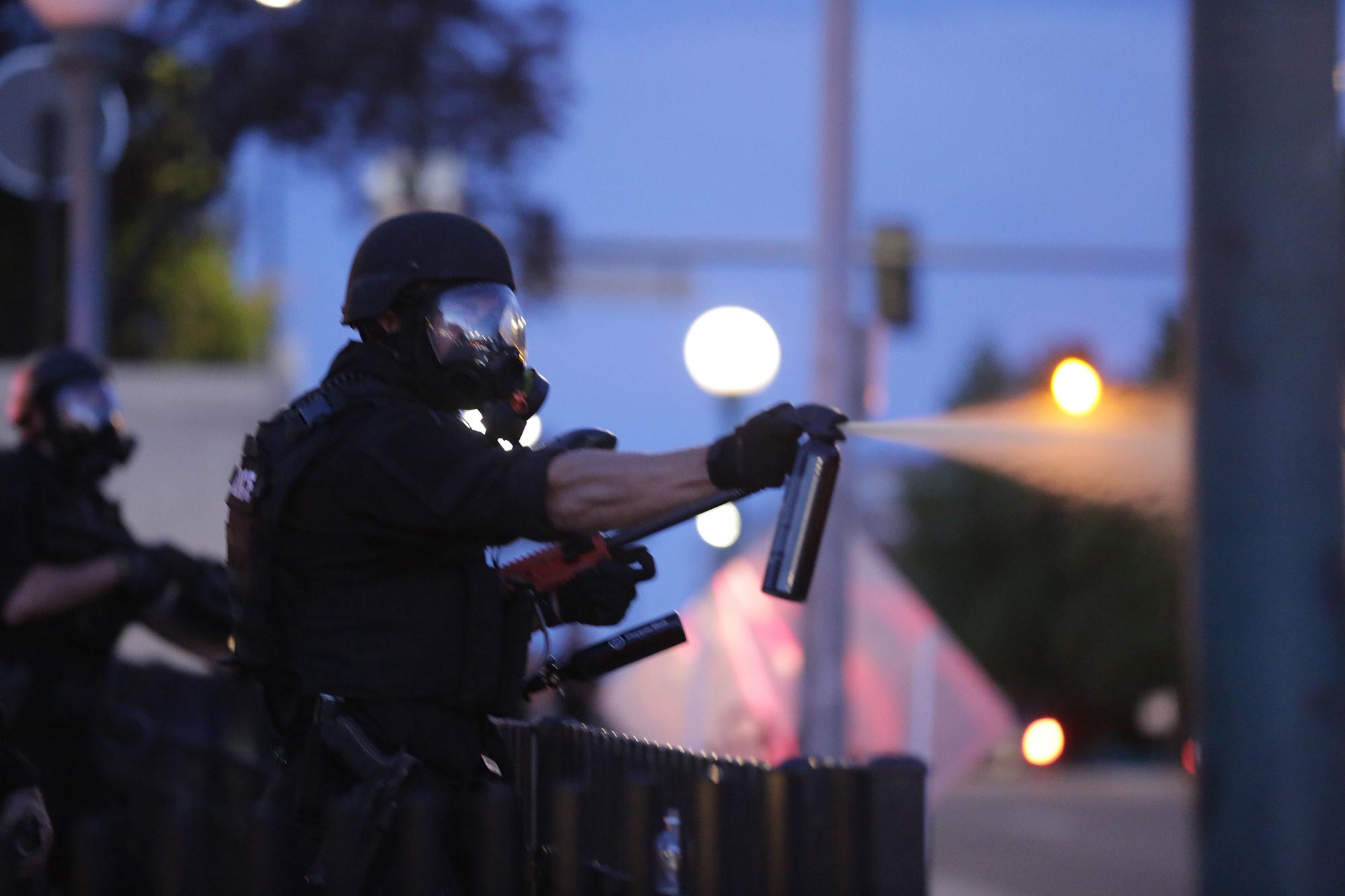
A review of how the department and OIM has addressed incidents involving excessive use of force shows brief suspensions for the officers involved. The Denver police use-of-force policy, years in the making, outlines what tactics cops can use. It went into effect on Jan. 27, 2019, so the OIM's 2019 report was the first time the revamped policy was applied to inspect some of the department's incidents.
Three cases documented in the report involved excessive force incidents that happened after the use-of-policy went into effect and resulted in suspensions of ten or more days last year.
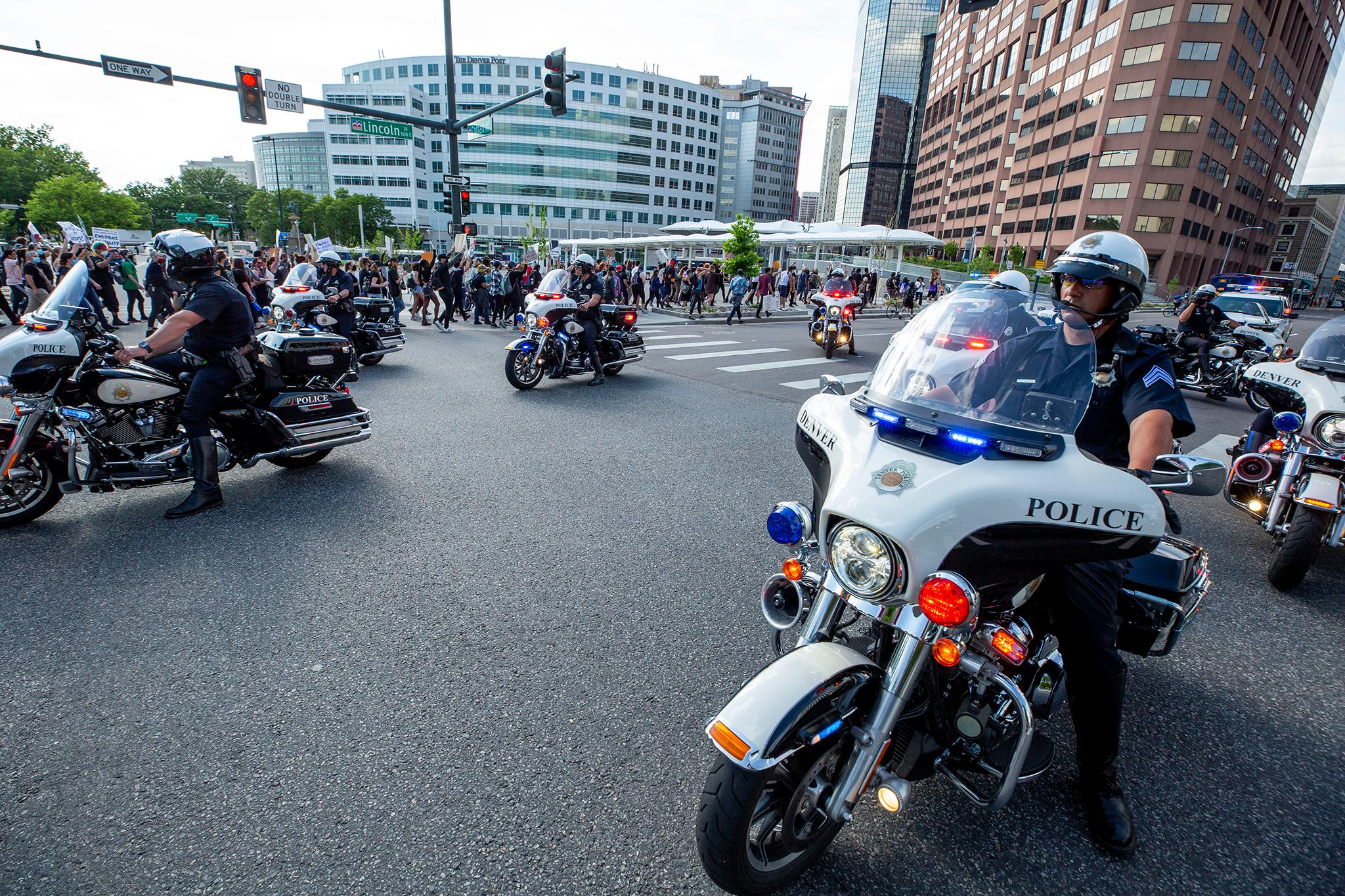
Denver Deputy Director of Safety Mary Dulacki, who oversees disciplinary actions against cops, said the maximum suspension for a Denver police officer is 90 days. Anything further than that would mean considering termination. The OIM report didn't name officers in the following incidents, but Denverite was able to get the names by requesting disciplinary action letters.
Case 1: Officer pushes off a handcuffed man's neck
On April 23, 2019, two officers tried stopping a man suspected in a reported theft. One of them, Officer Shawn Miller, went after the man, causing the man to stumble, when the officer was able to then straddle and restrain him. After handcuffing the man, the man told Miller his actions were "all playing," prompting Miller to put his hands on the back of the man's head, shake the man's head and push off the man's neck, responding, "I ain't playing!"
Result: Ten-day suspension, which Miller appealed. The agency found the officer had used inappropriate force when he applied pressure to the man's neck in a retaliatory manner.
Case 2: Officer punches man near a bus stop
On August 4, 2019, Officer Alberto Ulloa and another officer responded to reports of a man smoking methamphetamine at a bus stop. After getting out of their cars, both officers told the man to show his hands, which were in his pockets. When the man didn't respond, both officers grabbed him and brought him up to his feet and tried to pull out the man's hands. The man tensed his muscles and tried to shove his hands deeper into his pockets, leading Ulloa to pin the man against the bus stop shelter, elbow the man in the head and punch him in the back of his head twice.
Result: Six-day suspension for using inappropriate force.
Case 3: Officer punches man on the ground
On September 20, 2019, Officer Corey Gambone and another officer pulled over a car matching the description of a car that left a drug deal. Gambone approached the car's passenger side and saw a man sitting there reach into his waistband. Gambone opened the car door and ordered the man not to reach into his pants; he then handcuffed the man's right wrist and took the man out of the car. Both officers then asked the man to stop reaching into his pants, but he kept doing it. After the officer got control of the man's left arm and started moving it behind the man's back, Gambone punched the man in the face.
Result: Ten-day suspension for using inappropriate force.
Last year, the OIM recorded 357 community complaints overall (an 11 percent increase from 2018) and 88 internal complaints (down 15 percent from 2018) against DPD.
The most common reasons for the complaints were for alleged violations of unconstitutional search and seizure and improper handling of evidence, which together led to 36 percent of all complaints last year.
Discourtesy, which alleges an officer wasn't attentive or respectful, was the next most common reason, making up 19 percent of complaints, while inappropriate force made up 14 percent of specified complaints.
Just 10 percent of community complaints were closed with one or more sustained findings, compared to 57 percent for internal complaints. Internal complaints are those filed by other officers, supervisors or commanding staff.
OIM can make some recommendations for investigations and for discipline, but the city's public safety department is ultimately responsible for disciplinary actions against officers.
Last year, 18 police officers were suspended and two resigned or retired before any discipline was handed out. Two cops were fired. The reasons for the 18 suspensions included violating arrest procedures, driving under the influence and improper handling of evidence.
The OIM report contrasts the complaints like this with commendations officers received last year. It said DPD officers got 494 commendations.
In other words, cops got 49 more awards for good performance than they did complaints for bad behavior.
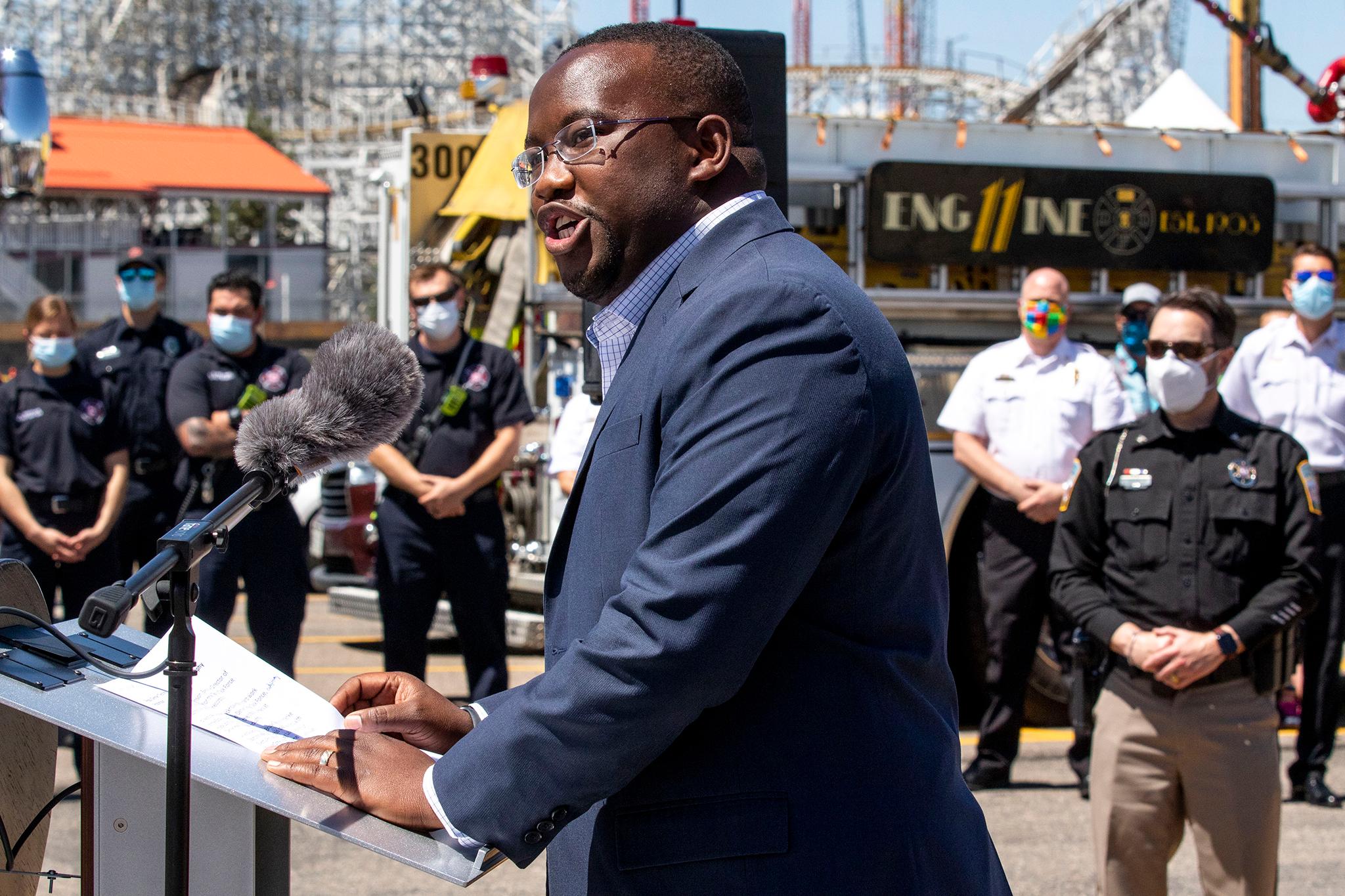
The OIM report showed 4 percent of officers received one inappropriate force complaint, while less than one percent of officers have received two or more complaints.
The department listed 1,542 sworn members last year -- suggesting about 60 cops had inappropriate force complaints filed against them last year.
Dulacki said complaints can come directly from the public or through the department's own internal affairs. Dulacki said the agency's phones have been ringing since protests started in Denver last Thursday.
"They've been getting a lot of complaints," Dulacki said. She said the agency is also getting calls from people who support the work police are doing.
Correction: This article has been updated to reflect that during the September 20, 2019, police incident a man was punched while on the ground, not inside his car.

